Back to Courses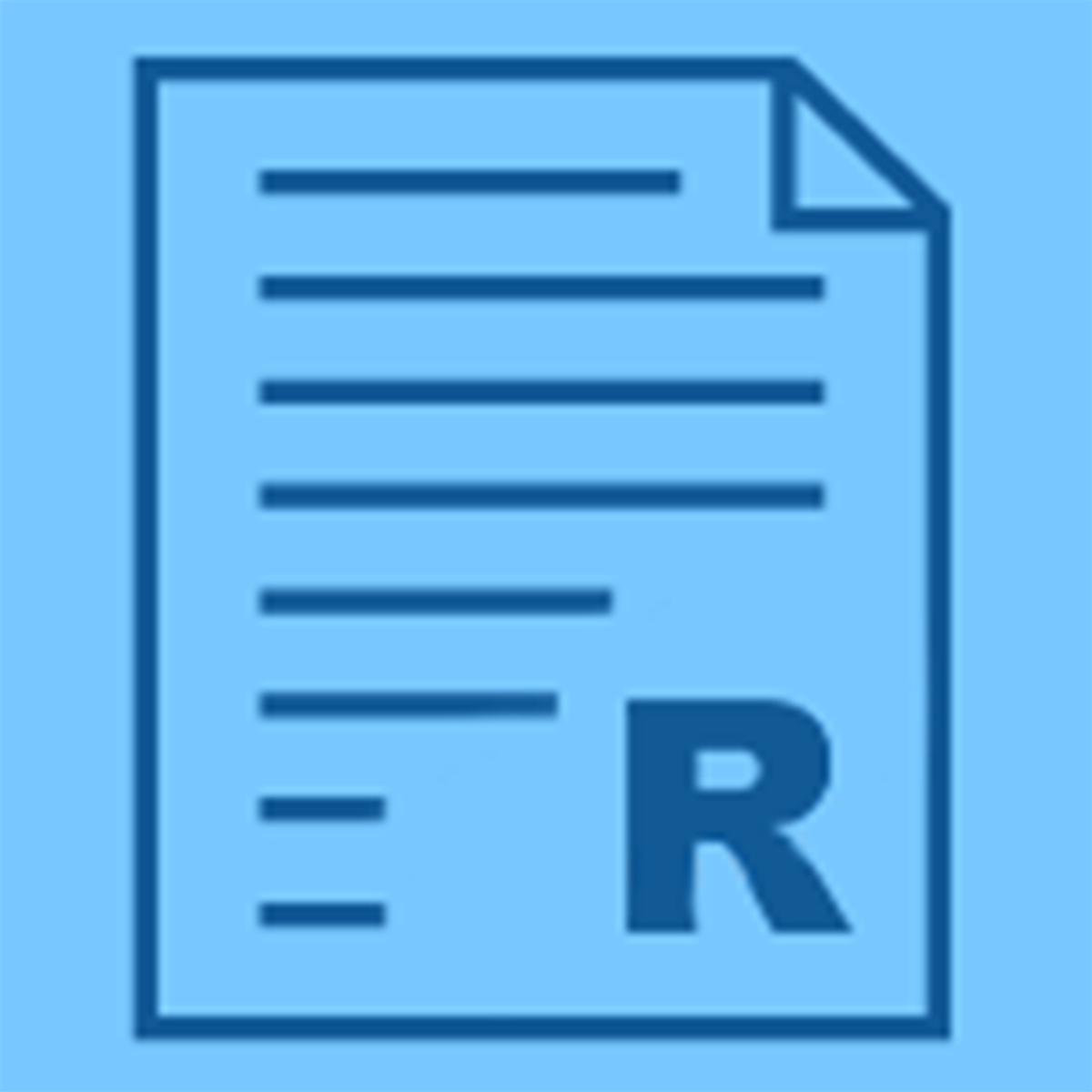



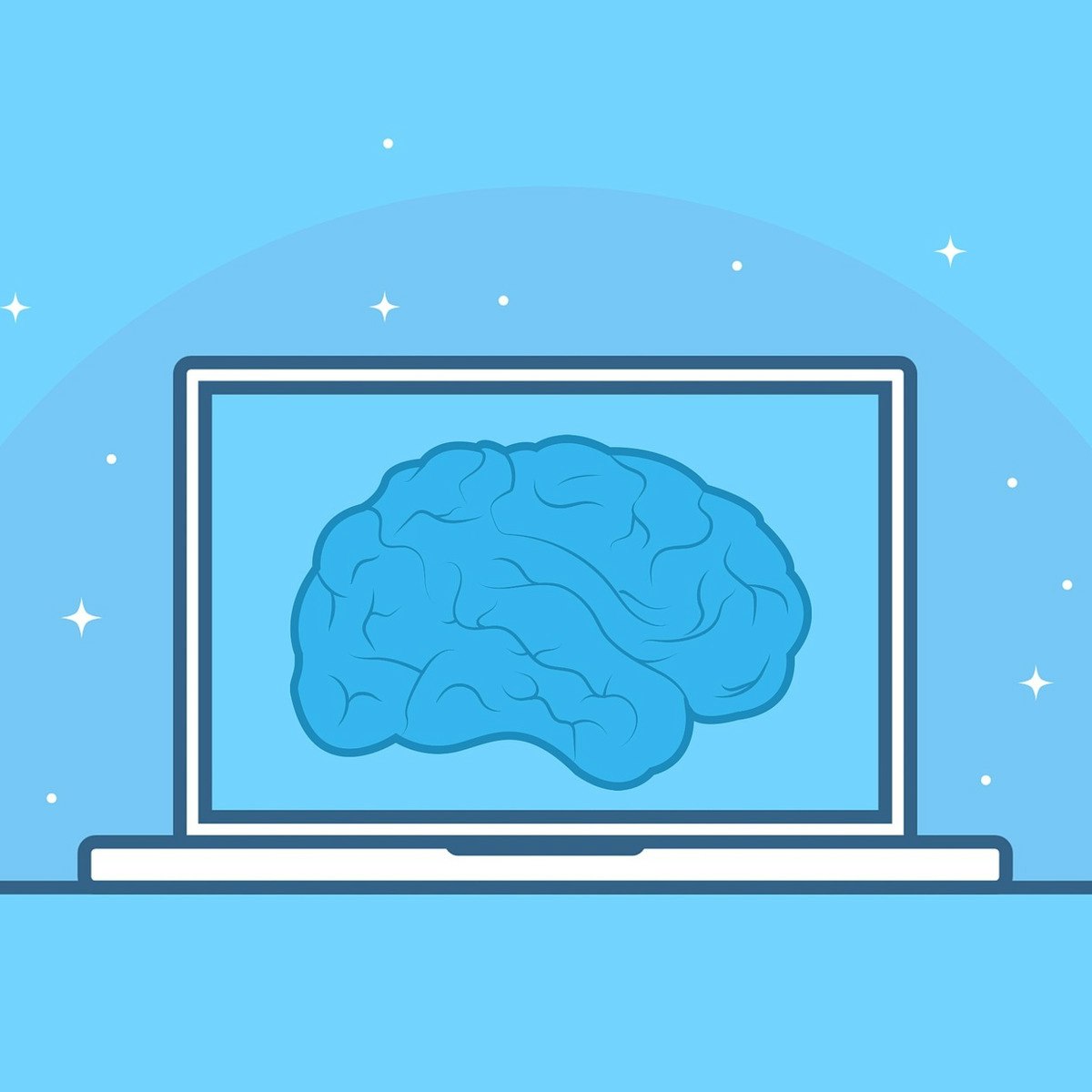
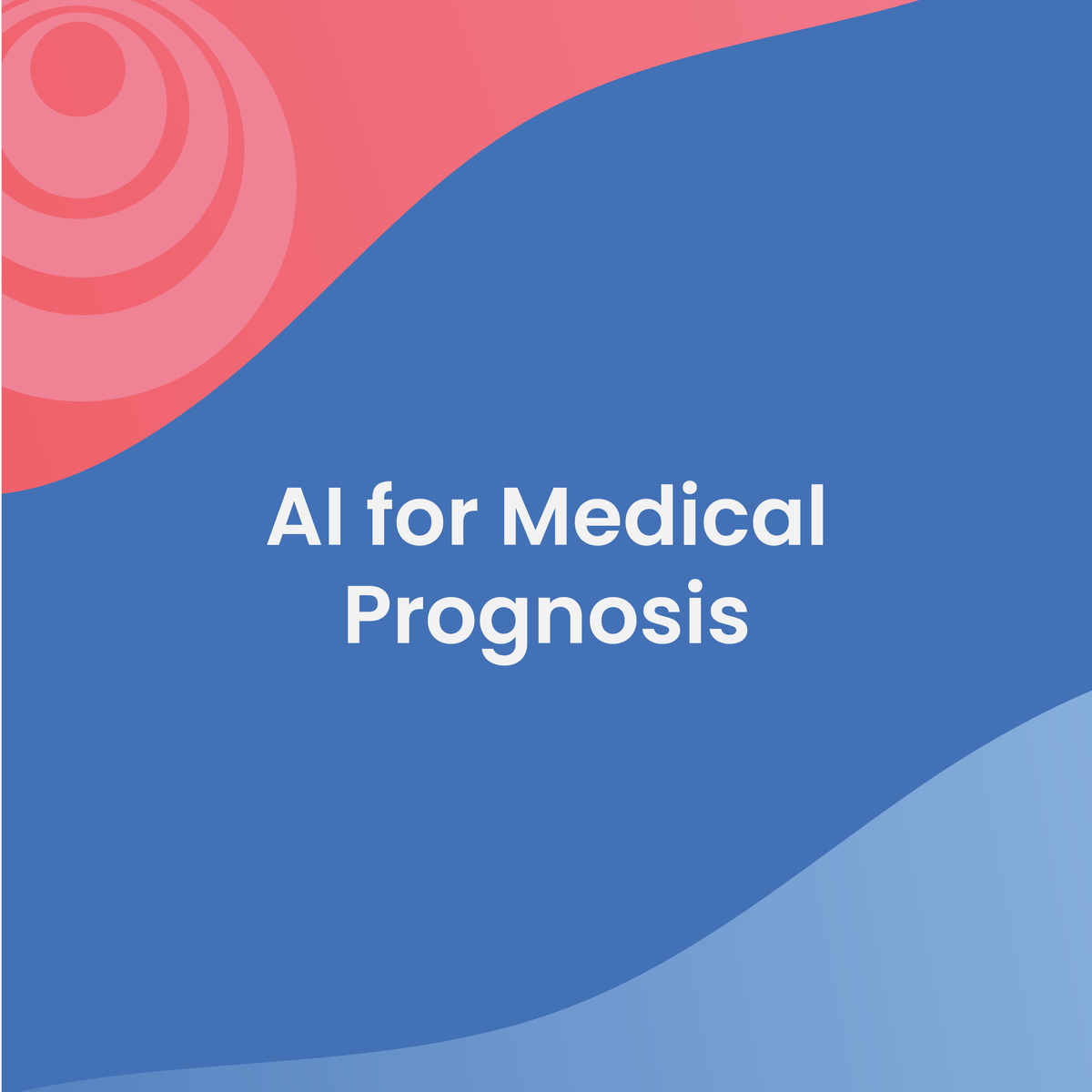
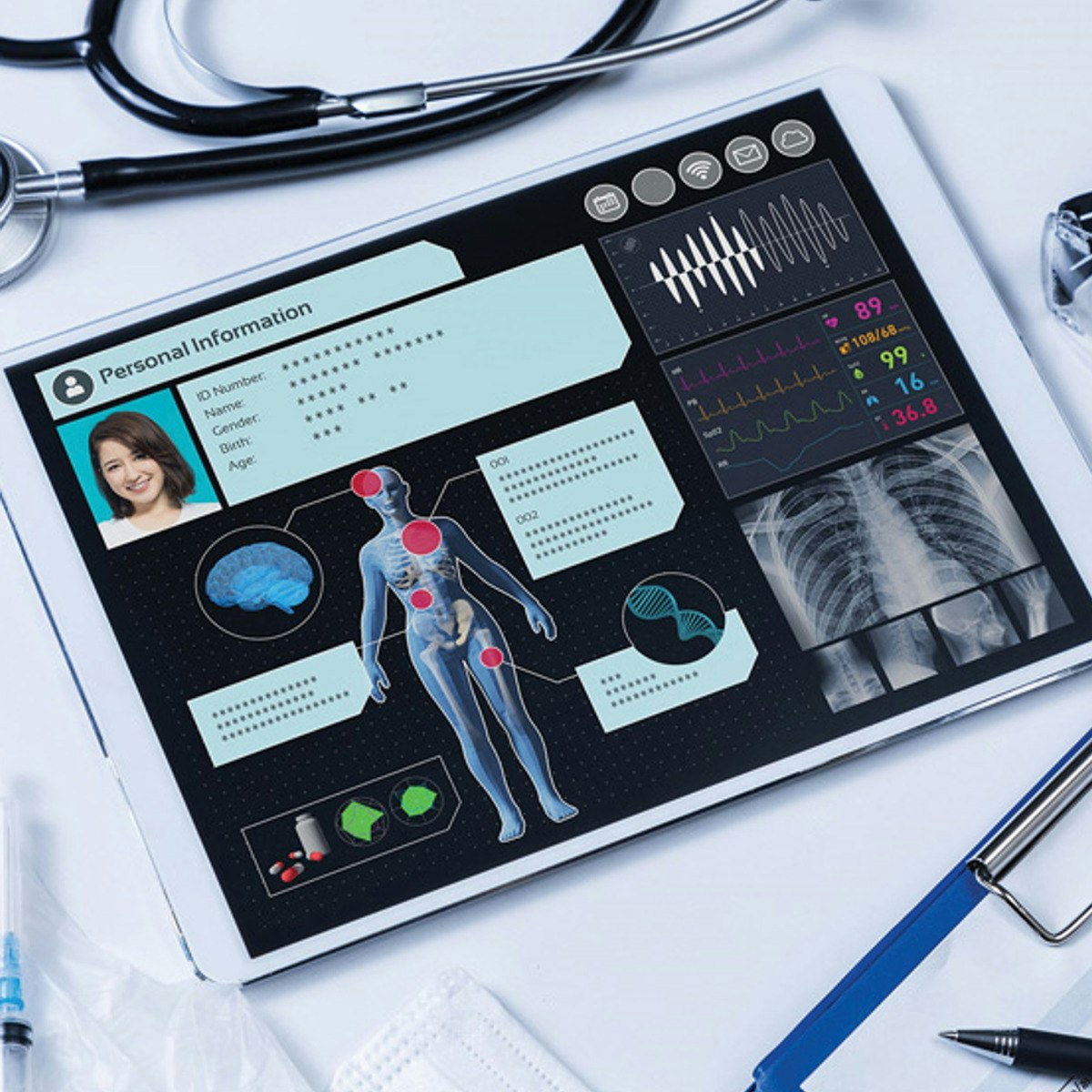
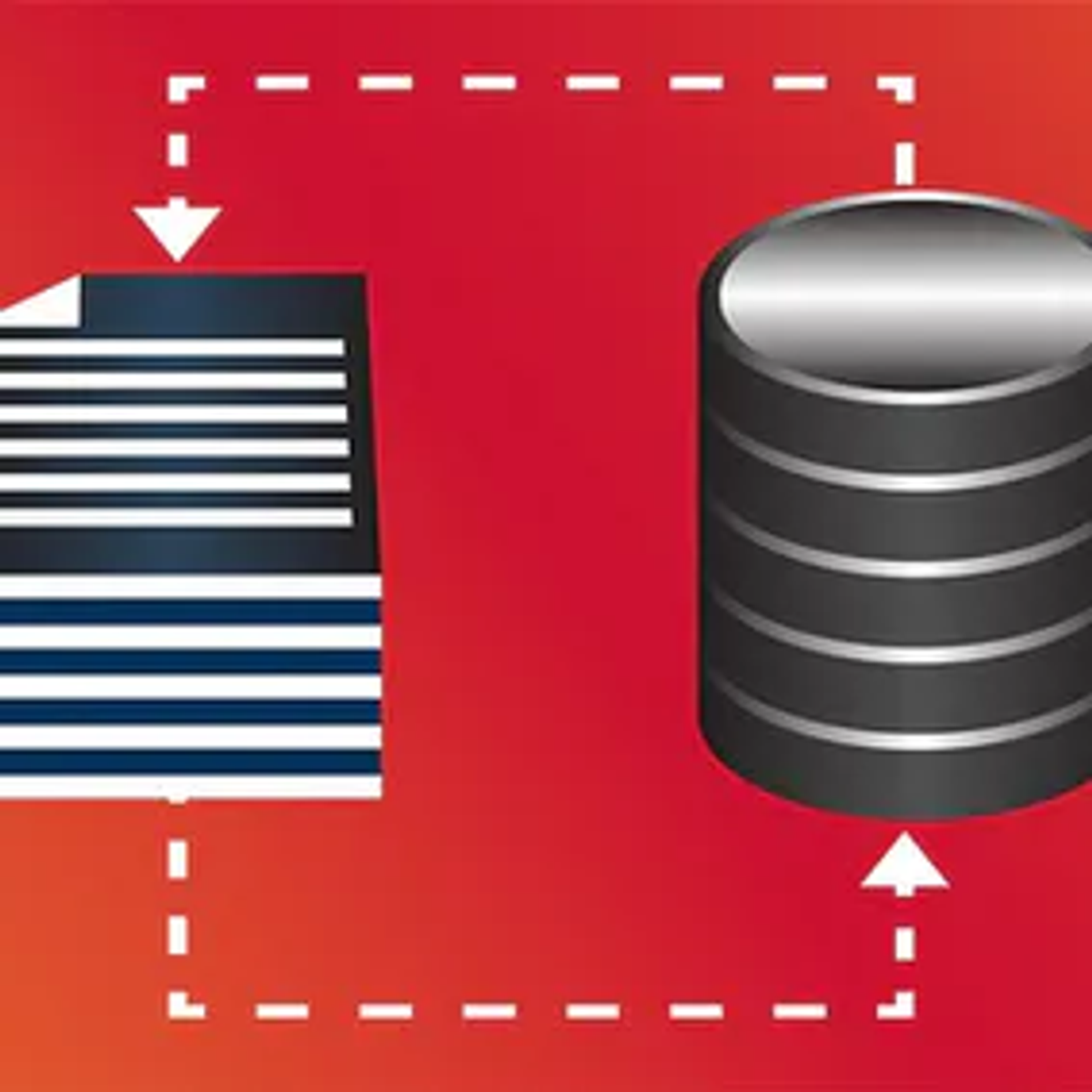
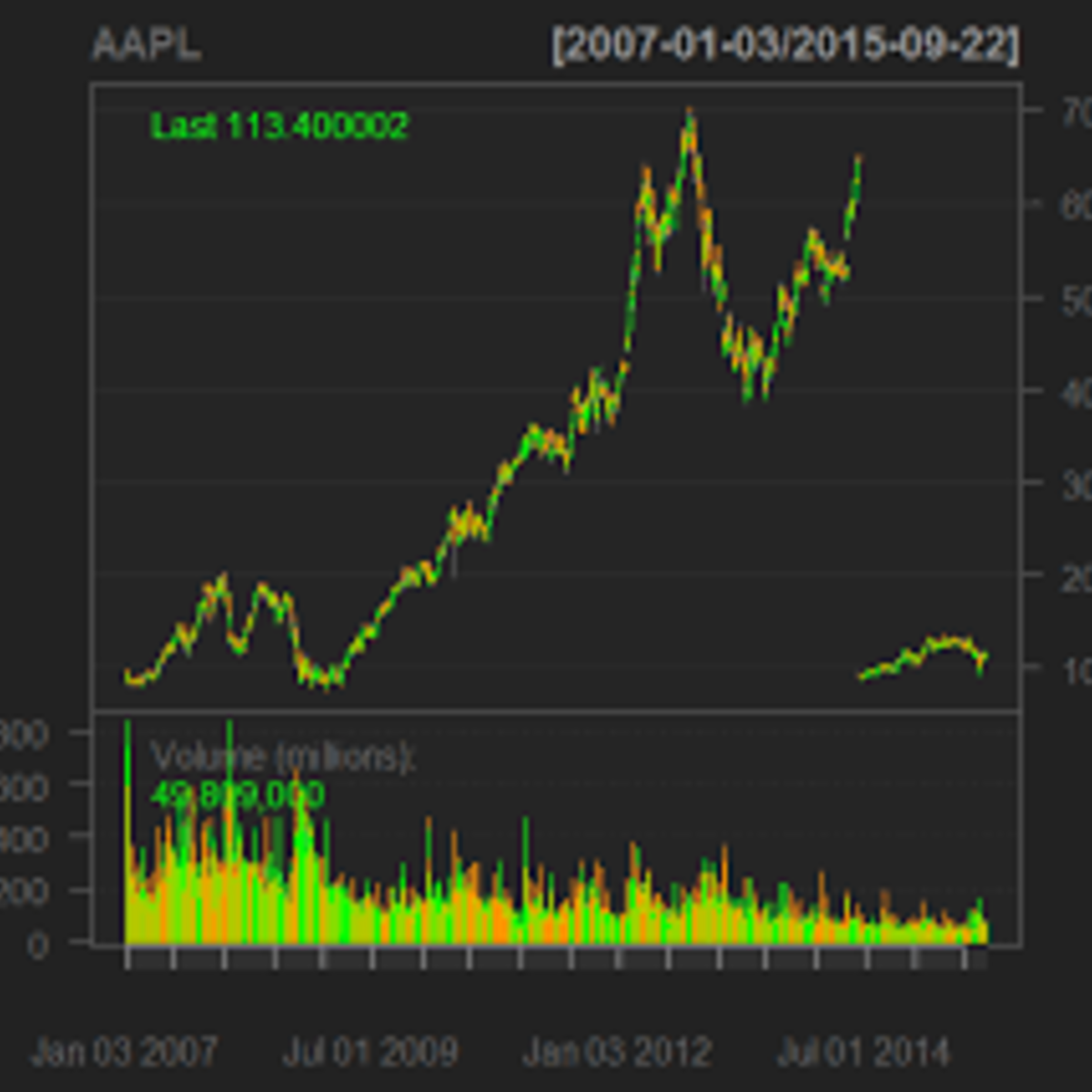
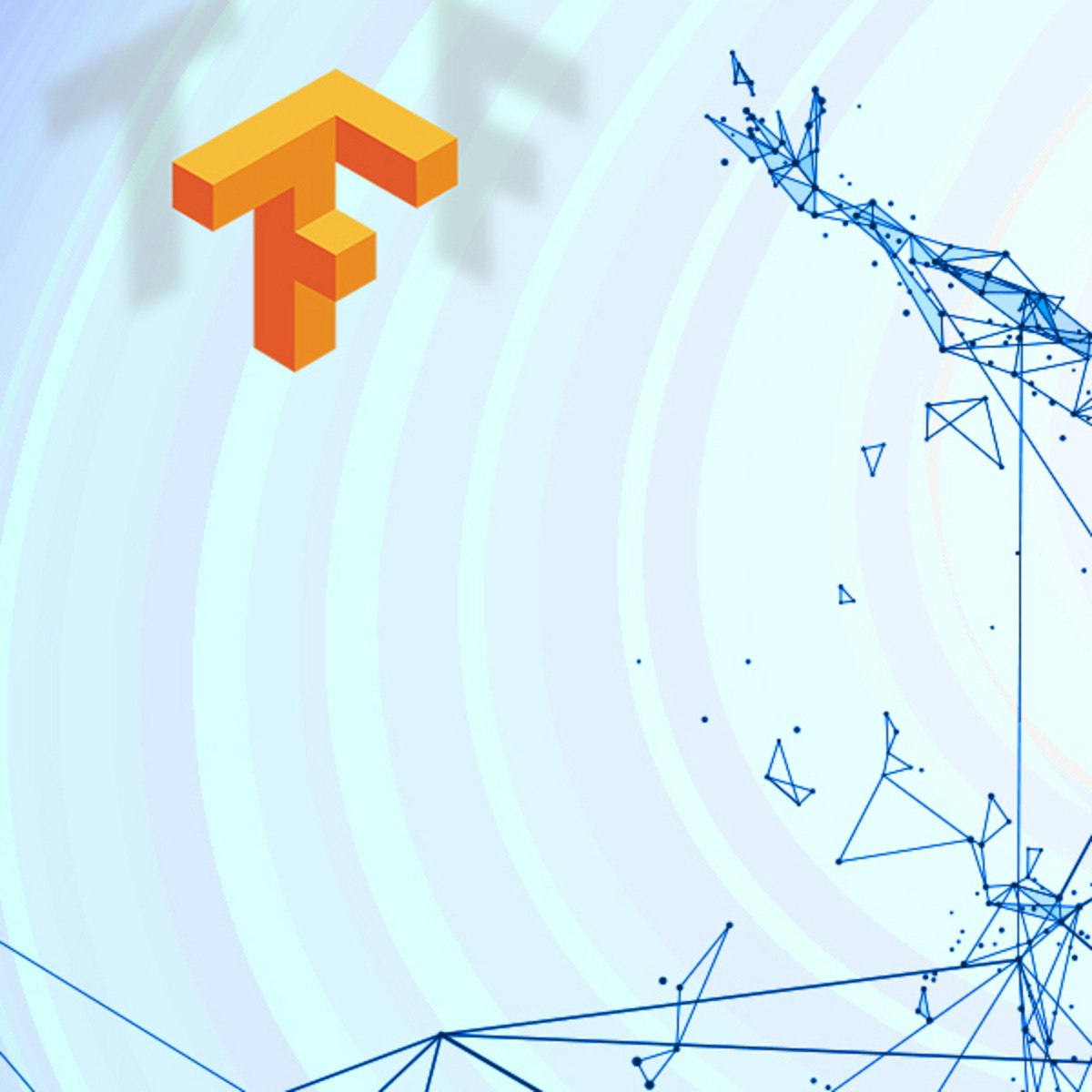
Data Science Courses - Page 53
Showing results 521-530 of 1407
Data Analysis in R with RStudio & Tidyverse
Code and run your first R program in minutes without installing anything!
This course is designed for learners with no prior coding experience, providing foundational knowledge of data analysis in R. The modules in this course cover descriptive statistics, importing and wrangling data, and using statistical tests to compare populations and describe relationships. This course presents examples in R using the industry-standard Integrated Development Environment (IDE) RStudio.
To allow for a truly hands-on, self-paced learning experience, this course is video-free.
Assignments contain short explanations with images and runnable code examples with suggested edits to explore code examples further, building a deeper understanding by doing. You’ll benefit from instant feedback from a variety of assessment items along the way, gently progressing from quick understanding checks (multiple choice, fill in the blank, and un-scrambling code blocks) to small, approachable coding exercises that take minutes instead of hours. Finally, a cumulative lab at the end of the course will provide you an opportunity to apply all learned concepts within a real-world context.

Data Science at Scale - Capstone Project
In the capstone, students will engage on a real world project requiring them to apply skills from the entire data science pipeline: preparing, organizing, and transforming data, constructing a model, and evaluating results. Through a collaboration with Coursolve, each Capstone project is associated with partner stakeholders who have a vested interest in your results and are eager to deploy them in practice. These projects will not be straightforward and the outcome is not prescribed -- you will need to tolerate ambiguity and negative results! But we believe the experience will be rewarding and will better prepare you for data science projects in practice.

Algebra and Differential Calculus for Data Science
Are you interested in Data Science but lack the math background for it? Has math always been a tough subject that you tend to avoid? This course will teach you the most fundamental Calculus concepts that you will need for a career in Data Science without a ton of unnecessary proofs and techniques that you may never use. Consider this an expressway to Data Science with approachable methods and friendly concepts that will guide you to truly understanding the most important ideas in Differential Calculus. We will review some algebra basics, talk about what a derivative is, compute some simple derivatives and apply the basics of derivatives to graphing and maximizing functions.
This course is designed to prepare learners to successfully complete Statistical Modeling for Data Science Application, which is part of CU Boulder's Master of Science in Data Science (MS-DS) program.
Logo courtesy of ThisisEngineering RAEng on Unsplash.com

Deep Learning for Real Estate Price Prediction
In this hands-on guided project, we will predict real estate prices with deep learning. In this project, we will predict home sale prices in King County in the U.S. between May, 2014 and May, 2015 using several features such as number of bedrooms, bathrooms, view, and square footage. This guided project is practical and directly applicable to the real estate industry. You can add this project to your portfolio of projects which is essential for your next job interview.

Breast Cancer Prediction Using Machine Learning
In this 2 hours long project-based course, you will learn to build a Logistic regression model using Scikit-learn to classify breast cancer as either Malignant or Benign. We will use the Breast Cancer Wisconsin (Diagnostic) Data Set from Kaggle. Our goal is to use a simple logistic regression classifier for cancer classification. We will be carrying out the entire project on the Google Colab environment. You will need a free Gmail account to complete this project. Please be aware of the fact that the dataset and the model in this project, can not be used in real-life. We are only using this data for educational purposes.
By the end of this project, you will be able to build the logistic regression classifier to classify between cancerous and noncancerous patients. You will also be able to set up and work with the Google colab environment. Additionally, you will also be able to clean and prepare data for analysis.
You should be familiar with the Python Programming language and you should have a theoretical understanding of the Logistic Regression algorithm. You will need a free Gmail account to complete this project.
Note: This course works best for learners who are based in the North America region. We’re currently working on providing the same experience in other regions.

AI for Medical Prognosis
AI is transforming the practice of medicine. It’s helping doctors diagnose patients more accurately, make predictions about patients’ future health, and recommend better treatments. This Specialization will give you practical experience in applying machine learning to concrete problems in medicine.
Machine learning is a powerful tool for prognosis, a branch of medicine that specializes in predicting the future health of patients. In this second course, you’ll walk through multiple examples of prognostic tasks. You’ll then use decision trees to model non-linear relationships, which are commonly observed in medical data, and apply them to predicting mortality rates more accurately. Finally, you’ll learn how to handle missing data, a key real-world challenge.
These courses go beyond the foundations of deep learning to teach you the nuances in applying AI to medical use cases. This course focuses on tree-based machine learning, so a foundation in deep learning is not required for this course. However, a foundation in deep learning is highly recommended for course 1 and 3 of this specialization. You can gain a foundation in deep learning by taking the Deep Learning Specialization offered by deeplearning.ai and taught by Andrew Ng.
Deep learning in Electronic Health Records - CDSS 2
Overview of the main principles of Deep Learning along with common architectures. Formulate the problem for time-series classification and apply it to vital signals such as ECG. Applying this methods in Electronic Health Records is challenging due to the missing values and the heterogeneity in EHR, which include both continuous, ordinal and categorical variables. Subsequently, explore imputation techniques and different encoding strategies to address these issues. Apply these approaches to formulate clinical prediction benchmarks derived from information available in MIMIC-III database.

Validate Data in SQL using MySQL Workbench
By the end of this project, you will validate MySQL data in a MySQL database using SQL Triggers in MySQL Workbench.
MySQL is a widely used relational database. Often data is validated by applications before being inserted into a database. It is a good idea to validate data at the database level, since applications may use inconsistent validation leaving the data at risk. MySQL workbench provides a User Interface to MySQL that allows the creation of triggers to perform validation before an insertion or update is performed.

Analyze Stock Data using R and Quantmod Package
In this 1-hour long project-based course, you will learn how to pull down Stock Data using the R quantmod package. You will also learn how to perform analytics and pass financial risk functions to the data.
Note: This course works best for learners who are based in the North America region. We’re currently working on providing the same experience in other regions.

Building Deep Learning Models with TensorFlow
The majority of data in the world is unlabeled and unstructured. Shallow neural networks cannot easily capture relevant structure in, for instance, images, sound, and textual data. Deep networks are capable of discovering hidden structures within this type of data. In this course you’ll use TensorFlow library to apply deep learning to different data types in order to solve real world problems.
Learning Outcomes:
After completing this course, learners will be able to:
• explain foundational TensorFlow concepts such as the main functions, operations and the execution pipelines.
• describe how TensorFlow can be used in curve fitting, regression, classification and minimization of error functions.
• understand different types of Deep Architectures, such as Convolutional Networks, Recurrent Networks and Autoencoders.
• apply TensorFlow for backpropagation to tune the weights and biases while the Neural Networks are being trained.
Popular Internships and Jobs by Categories
Find Jobs & Internships
Browse
© 2024 BoostGrad | All rights reserved